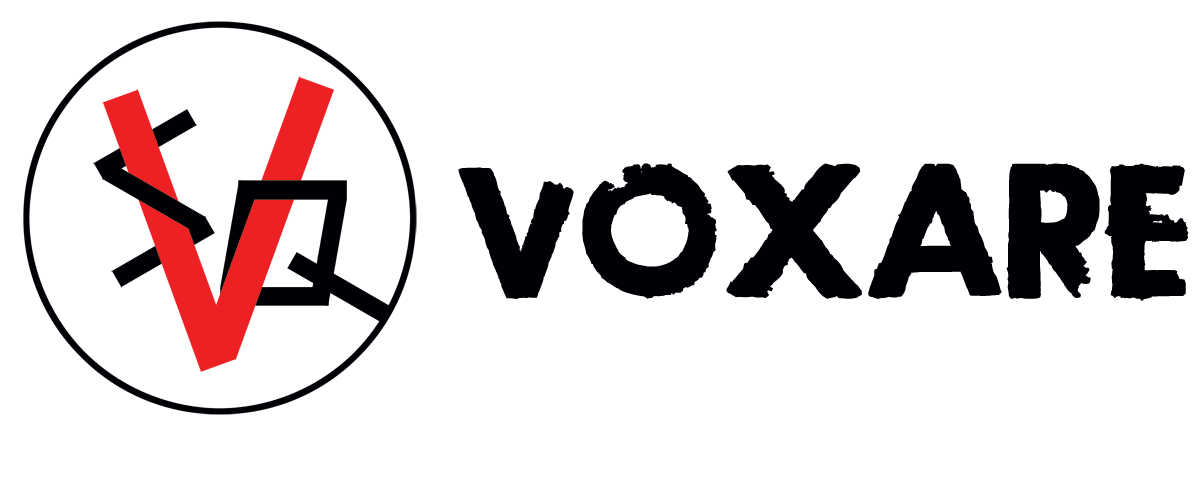Voxare 2017-18 Programs
1) Voxare Meets The Man with a Movie Camera
Voxare's signature project. A screening of Dziga Vertov's 1929 silent Soviet masterpiece, The Man with a Movie Camera, is accompanied by Voxare's own soundtrack curated from string quartet repertoire by Shostakovich, Prokofiev, Mosolov, and Stravinsky. A performance runs c. 70 minutes and is typically followed by a Q/A with the quartet.
The New York Times declared: “With rustic melodies made edgy through piquant harmonies, and in passages of turbulent mechanical chugging, the music neatly corresponded to Vertov’s jumpy barrage of images. The members of the quartet, seated in darkness to one side of the stage, played with precision and passion.”
2) Mixed Tape
Voxare's Mixed Tape project marries its favorite traditional and classical contemporary works with its own arrangements of rock and pop songs. In 2017, Voxare will release the album Mixed Tape, which was recorded on... tape, in only of a handful of studios in the world to still record analog. The result, in combination with using only vintage tube and ribbon microphones, is a spectacular velveteen and saturated sound.
Mixed Tape repertoire includes:
Barber – Adagio
Glass – Quartet No. 2
Mendelssohn – Allegro from Op. 13
David Lang – Wed
Rolling Stones – Paint it Black
Britten – Simple Symphony
Riley – G Song
Beethoven – Cavatina from Op. 130
Radiohead – Street Spirit
Lou Harrison – Estampie
3) The Three Religions
Aleksandra Vrebalov – Pannonia Boundless
Mohammed Fairouz – The Named Angels
intermission
Felix Mendelssohn – Quartet in A Minor, Op. 13
Encore – Selection of Voxare's rock song arrangements
Too often we hear about the strife in the world caused by religious disagreements and differences of opinion. Voxare realized the need to develop a socially relevant program that speaks to this pressing issue and presents a dialogue that suggests religious differences aren't as great as at first glance.
Both Vrebalov and Fairouz are Voxare friends. Vrebalov's work (see Voxare performance) is conversation made manifest in music. Fairouz's The Named Angels showcases four religious figures common to the three main religions of the Middle East.
Mendelssohn struggled with his own religious identity, converting from Judiasm to Christianity. The op. 13 quartet, one of the literature's great masterpieces and written when the composer was only 18 years of age, speaks to that religious fervor, while also paying homage to Mendelssohn's other church: Beethoven's late string quartets. (See a Voxare performance.)
